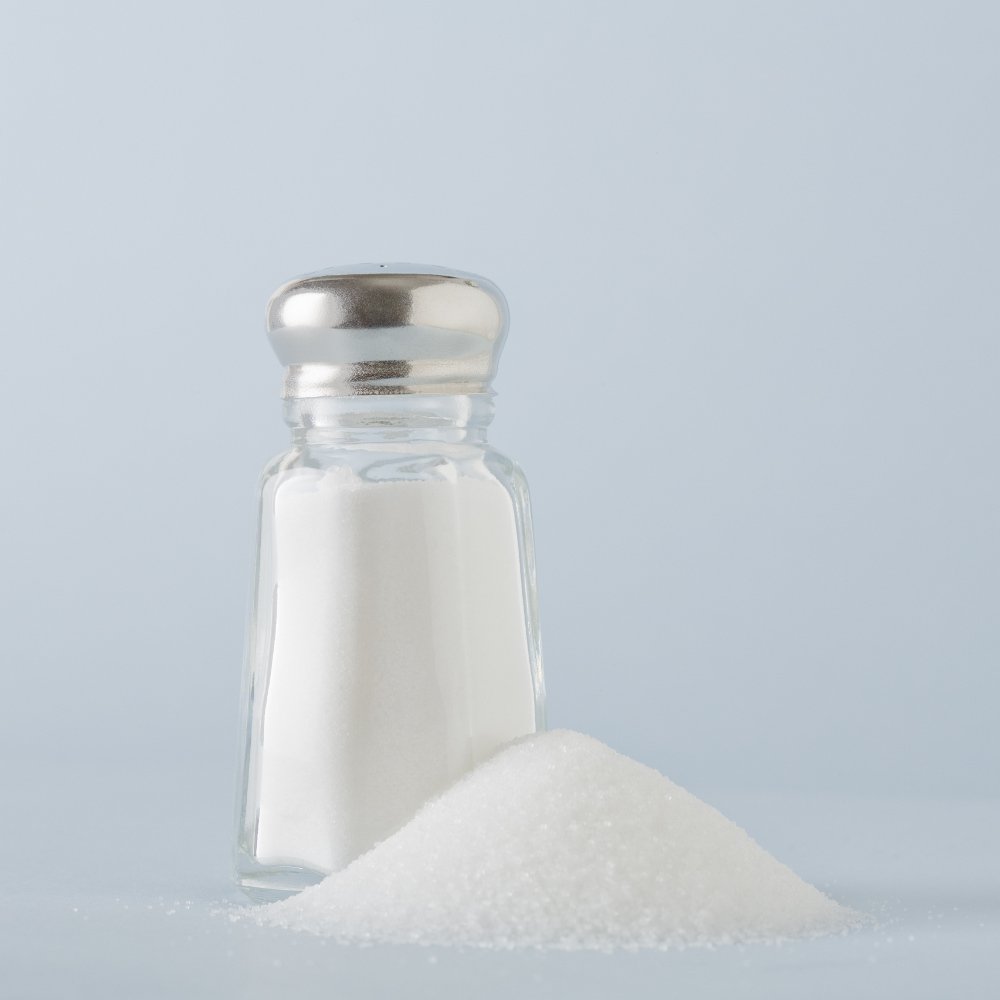The benefits of salt
Table salt, also known as cooking salt, is mainly composed of sodium chloride. This nutrient is essential to the body, because it participates in the transmission of nerve impulses and contraction of muscles. Among other important roles, sodium chloride also helps to stabilize blood pH. Salt requirements may vary from one individual to another depending on weight, age and degree of physical activity. On average, the recommended daily salt intake is 5 g for an adult. They can go up to 10 g for top athletes.
In all cases, the minimum vital threshold is 2 g per day.
The dangers of salt
Excessive salt consumption can be very serious: from 12 g per day, the dangers are real. Excess salt has the main effect of increasing blood pressure. However, high blood pressure is a major risk factor for cardiovascular diseases because it damages the arteries. In addition, some studies tend to incriminate excess salt in the development of hypertrophy of the left ventricle. This represents another risk factor for developing a cardiovascular pathology ... An excess of salt also promotes the loss of calcium , aggravating the problems of osteoporosis. It is therefore very important to limit your salt intake. Especially for people already suffering from hypertension! Note that people with diabetes or obesity are more sensitive than average to the dangers of salt.
Salt: a reasonable consumption
To enjoy the benefits of salt while protecting itself from its dangers, it is enough to use it in small quantities. Whether during the cooking of your food or facing your plate: have a light hand with the salt shaker and always think to taste your dishes before adding salt. To reduce your salt consumption, avoid also salty dishes such as cold cuts and especially industrial dishes: they contain a large amount of hidden salt.


